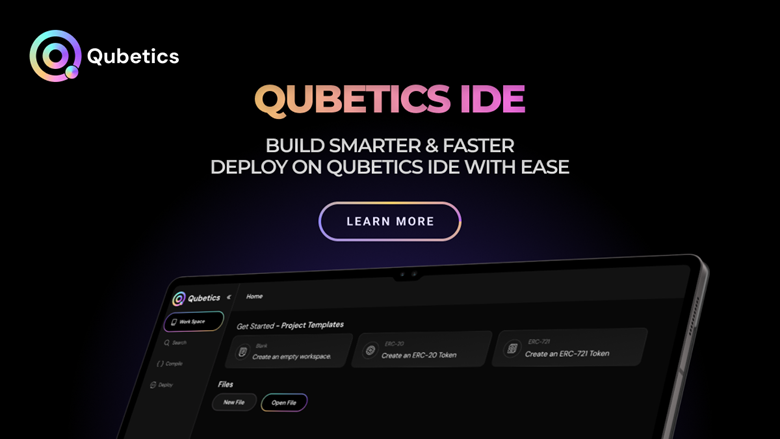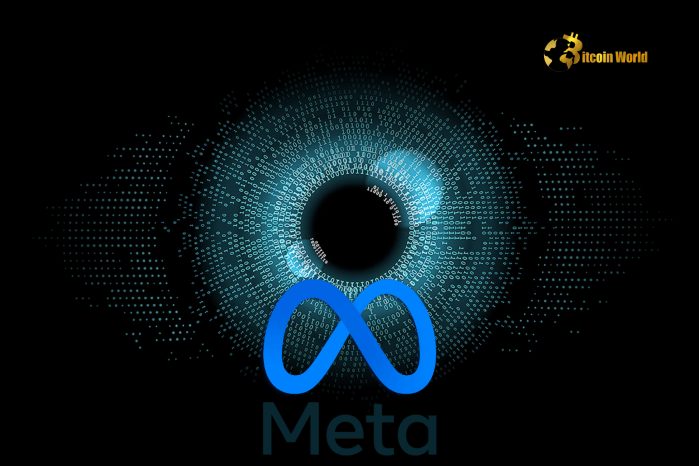In a startling revelation shaking the foundations of AI ethics, court documents unsealed this week expose internal discussions at Meta regarding the use of copyrighted materials for training their cutting-edge AI models. This news arrives amidst growing concerns in the cryptocurrency and tech world about the ethical sourcing of data powering artificial intelligence. As blockchain technology grapples with its own copyright and intellectual property challenges, this case throws a spotlight on the broader AI landscape and its potential pitfalls. Are tech giants like Meta pushing the boundaries of legality in their relentless pursuit of AI dominance?
The Heart of the Matter: Meta’s AI Training Data Dilemma
The lawsuit, Kadrey v. Meta, is a landmark case in the burgeoning field of AI copyright law. Plaintiffs, including prominent authors Sarah Silverman and Ta-Nehisi Coates, are challenging Meta’s assertion of “fair use” when it comes to training AI models on copyrighted books. Previous filings indicated CEO Mark Zuckerberg’s approval for using copyrighted works and a halt to licensing talks. However, these newly unsealed documents provide a far more granular and concerning look into Meta’s internal strategies. They consist largely of internal work chats between Meta employees, painting a vivid picture of how the tech giant might have incorporated copyrighted data into models like the Llama family.
Let’s break down the key revelations from these court filings:
- “Ask Forgiveness, Not Permission” Mentality: A Meta research engineer, Xavier Martinet, explicitly suggested an “ask forgiveness, not permission” approach to acquiring books for Meta AI training data. This suggests a deliberate strategy to bypass traditional licensing and risk potential legal repercussions later.
- Retail Ebooks as Training Sets: Martinet proposed purchasing ebooks at retail price to circumvent licensing agreements with publishers, highlighting a potential loophole exploitation strategy for gathering copyrighted content AI training material.
- Dismissal of Legal Risks: Despite acknowledging the potential for legal challenges, Martinet downplayed these concerns by pointing to the likely widespread use of “pirated books” by AI startups. This reveals a potentially reckless attitude towards copyright law within Meta’s AI research teams.
Libgen and the Pursuit of State-of-the-Art AI Models
Perhaps the most alarming revelation is the discussion around using Libgen, a notorious “links aggregator” known for providing access to copyrighted works. Internal communications reveal that some Meta decision-makers considered Libgen “essential to meet SOTA numbers” (State-of-the-Art) for their AI models. Sony Theakanath, a Meta product management director, emphasized Libgen’s importance for achieving top-tier AI performance. This underscores the immense pressure within Meta to compete at the highest levels of AI development, even if it means venturing into legally murky territories to acquire Libgen AI data.
To mitigate potential legal fallout from using sources like Libgen, Meta reportedly considered these “mitigations”:
- Data Scrubbing: Removing data from Libgen that was “clearly marked as pirated/stolen.” However, the effectiveness of such a superficial scrubbing process in addressing underlying copyright issues remains questionable.
- Non-Disclosure: Concealing the use of Libgen datasets in public disclosures about their AI models. This raises serious questions about transparency and ethical reporting in AI development.
“IP Risky Prompts” and Data Scarcity
Further complicating matters, the filings suggest Meta tuned its models to avoid “IP risky prompts.” This involved programming models to refuse requests that might directly reveal their training data sources or reproduce copyrighted content verbatim, such as asking for excerpts from copyrighted books. This reactive measure highlights an awareness of the legal sensitivities surrounding their AI model training lawsuit but also points to a potentially superficial approach to addressing the core copyright concerns.
Moreover, the documents indicate that Meta’s leadership considered “overriding” previous decisions against using certain data sources, including Quora content and licensed books, due to a perceived need for “more data.” Chaya Nayak, a Meta product management director, stated that first-party data from Facebook and Instagram was insufficient, revealing a potential data scarcity problem driving the exploration of ethically and legally questionable data acquisition methods.
What Does This Mean for the Future of AI and Copyright?
Meta’s aggressive stance, evidenced by hiring Supreme Court litigators for their defense team, signals the high stakes involved in this legal battle. The outcome of Kadrey v. Meta could set significant precedents for how copyrighted content AI training is legally viewed and regulated in the future. For the cryptocurrency community and the broader tech world, this case serves as a critical reminder of the ethical and legal complexities intertwined with rapid AI advancement.
Here are some key takeaways:
- Legal Precedent: The case could establish crucial legal boundaries for the use of copyrighted material in AI training.
- Ethical Implications: It raises profound ethical questions about data sourcing, transparency, and the responsibilities of AI developers.
- Industry Impact: The outcome could significantly influence how AI companies approach data acquisition and licensing in the future.
- Transparency Concerns: The revelations about non-disclosure of data sources highlight the need for greater transparency in AI development practices.
As the legal proceedings unfold, the world watches to see if Meta’s pursuit of AI innovation will be deemed “fair use” or a reckless disregard for copyright law. The implications for the future of AI development and the rights of content creators are immense.
To learn more about the latest AI market trends, explore our article on key developments shaping AI features.
AI News – BitcoinWorld – Read More










